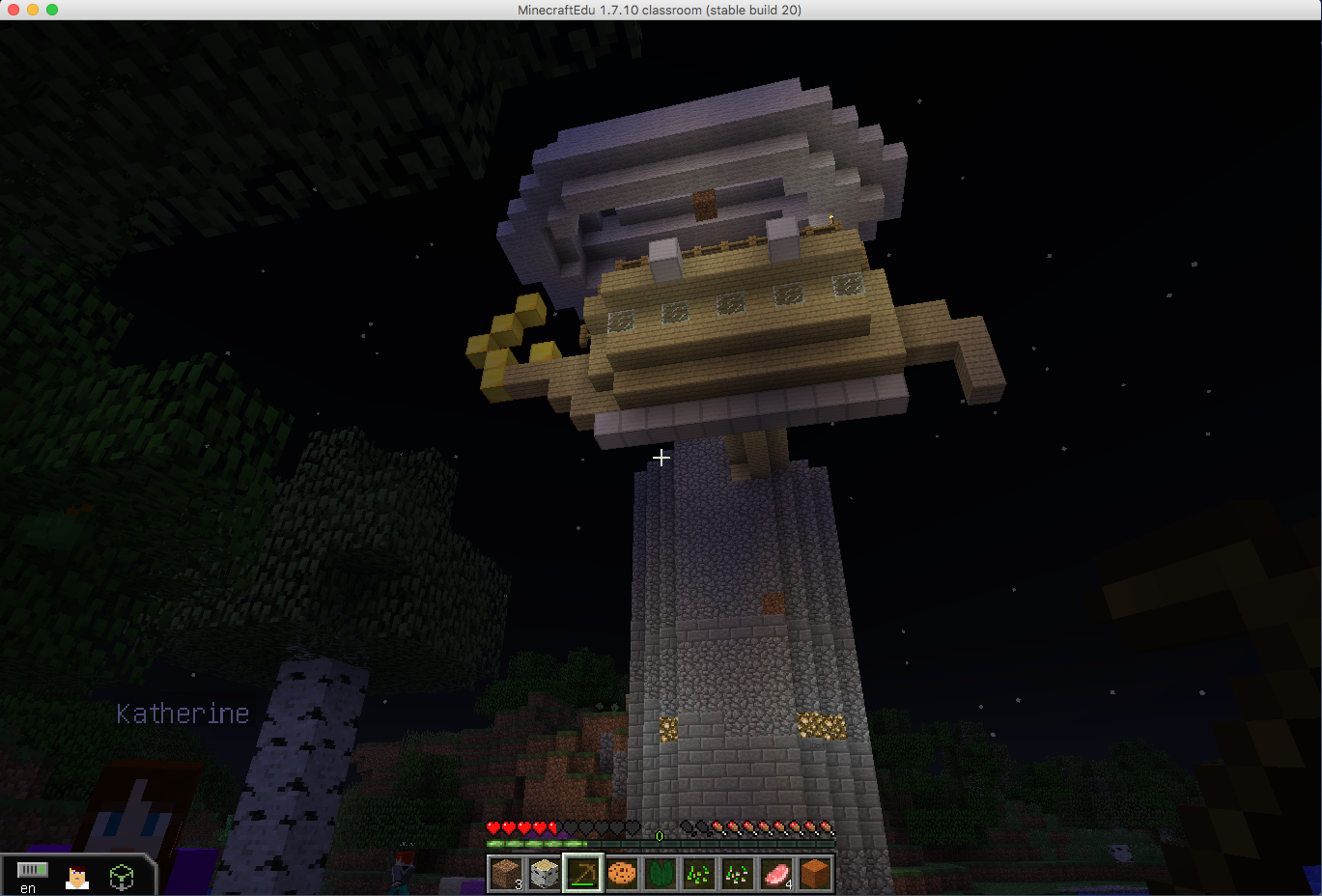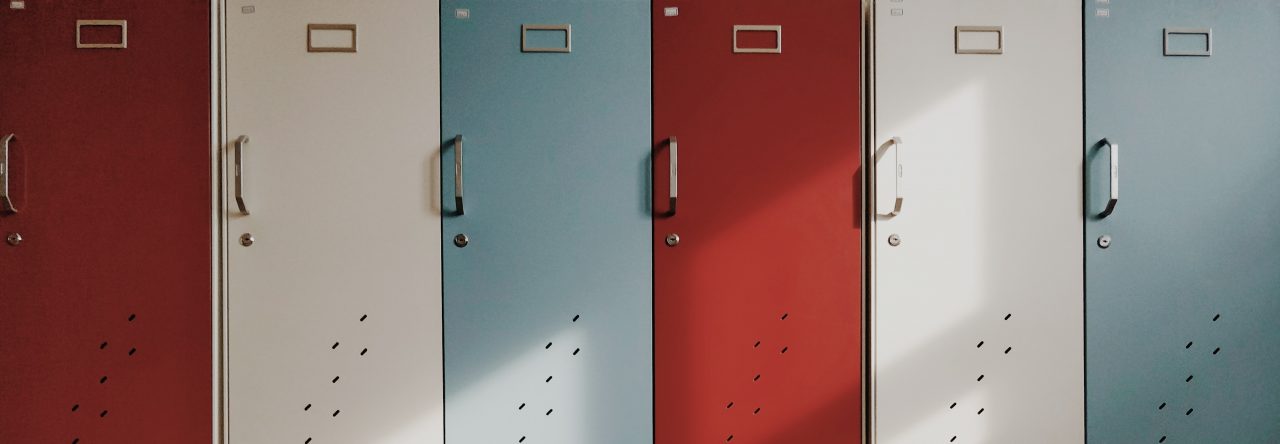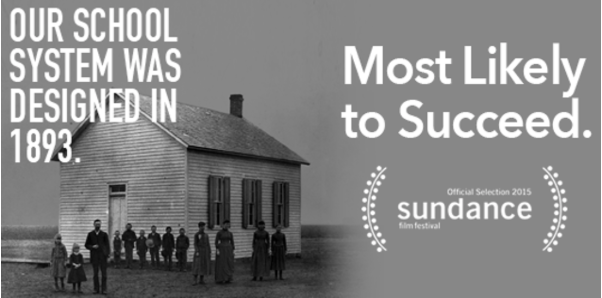Yesterday in class we had the privilege of having a Grade 7 teacher from Colquitz Middle School and some of her former students come in to our EdTech class to teach us about the advantages of Minecraft in the classroom and how to use it!
As I have been exploring Minecraft in education for my EdTech inquiry project, this class was very valuable for me. The teacher explained how much success she had found ever since she incorporated Minecraft in her classroom and shared so many different ways to use it.
The students were so knowledgable about Minecraft, and we had so much fun learning from them, flipped-classroom style. The room was so loud as all of us struggled to figure out the game and our “teachers” running around to help us as much as they could. They were absolutely the experts in that room yesterday, and they seemed to feel so empowered by having the knowledge and the opportunity to share it. One of my classmates joked to me that they were more comfortable and confident up in front of a class than we were as pre-service teachers, but it was actually true. The experience definitely brought home the message that learning from my students happens more often than I may have previously thought and how valuable that can be to a classroom.
Here is a screenshot of a castle one of my classmates made in the minutes it took me to figure out how to place a block, showing me how much I still have to learn in the world of Minecraft.




